During the World Wetlands Day 22, Humat Dijlah Association organized a webinar discussion the environmental challenges that Al-Hawizeh Marshes are facing as Iraq is one of the countries that has four of the largest bodies of water and wetlands represented in the Marshes of the South, on the evening of Friday, February 4, 2022, the webinar started aiming to shed the light on the importance of these wetlands in Iraq and discussing how to protect and keep them. The webinar hosted the environmental activist Ahmed Saleh Nehme, and Karar Akram Al-Tamimi, a researcher specializing in the marshes plants, where a number of environmental activists, government officials and interested individuals attended and participated in the session through Zoom and Facebook live.
In the beginning, the session started by talking about the ecological nature of the Iraqi Marshes and what distinguishes them, where Al-Tamimi explained the importance of the marshes as being part of the distinctive wetlands that the world celebrates every year, he also referred to the diversity of the marshes’ forms and characteristics, explaining the characteristics of Al-Hawizeh Marsh in particular and its water quality, soil, location and surrounding atmosphere, which in turn made the region rich in rare and distinctive biological diversity, such as plant diversity, fish and some amphibians, in addition to being lines or paths for almost 132 kind of rare migratory birds.
Drought and Its Effects on Al-Hawizeh Marshes
Al-Tamimi pointed to one of the most significant features of these lands, as they are considered seasonal ecosystems that can preserve their area and diversity, being the result of the rising and flooding of river levels that flow into the marshes on a seasonal basis, so the marshes are able to restore its vitality in a few periods after drought.
Al-Tamimi also showed that the drought and water decline in the previous few years were not at the same natural pace, because the sources of Hawizeh Marsh represented by the Karkheh River in Iran and Al-Musharrah and Al-Kahla branches of the Tigris River in Iraq have radically differed from what they were previously, after draining the Iranian part of the marsh and cutting off the supplies of the Karkha River, Al-Hawizeh became dependent only on the Tigris River imports, which already suffers due to the policies of the upstream countries, this, in turn, has reflected on the biological diversity and the social and economic status of the inhabitants of this region, as the lack of water and drought led to mass fish death and disease spread among cattle and buffaloes.
Oil and Industrial Pollution
Al-Tamimi pointed that Al-Huwaiza Marsh is surrounded by industrial activities and oil fields represented by Majnoon, Halfaya and Bazargan oilfields, which negatively affect the region due to the amount of pollutants they produces in addition to the abuses on the Marsh area, he also pointed out the danger of these fields next to the marsh, saying “If the water levels rise, these fields will be flooded and the marsh’s water will be massively polluted with oil!”
Then Al-Tamimi explained that the oilfields are not the only threat to the waters of the marshes, but also there are the pollutants from sewage stations that are dumped without filtering into the branches of the Tigris River that feed Al-Huwaiza Marsh.
Al-Tamimi attributed the reason of these threats to the weak attention of government authorities to the environmental reality of the marshes and the poor management and planning, despite the fact that the Al-Hawizeh Marsh is included in the World Heritage List and the Ramsar Treaty, which make Al-Hawizeh a world heritage that must be respected and its water and nature must be protected from disappearance or damage.
Tourism in Al-Hawizeh Marsh
Discussing the efforts of promoting Al-Hawizeh Marsh as tourism destination, Al-Tamimi indicated that the tourism aspect in the region is weak and inactive, due to the lack of a tourism plan and sustainable laws by government authorities, saying “Al-Hawizeh Marsh is an excellent and highly qualified tourism site, according to the delegations that visited the marsh, however, it has not yet been adopted as a tourism destination, as we need a good tourism plan and managing the place, protecting important sites with unique biodiversity and universal values and keeping them away from the tourism activities.”
On the other hand, Ahmed Saleh confirmed that there are great efforts by some international organizations to make Al-Hawizeh Marsh a tourist destination, and the implementation of a sustainable tourism plan has taken place. Saleh also talked about the obstacles and challenges that were faced during the implementation of these measures.
Saleh pointed out that this social activism will push the government towards paying attention to this site and will prevent reducing the water shares of the area or providing other tourism requirements, and he stressed “We are seeking correct steps to maintain the tourism performance in the region, We are on Al-Hawizeh at the moment, and when we achieve our goals in this area, we will move to the others, our steps towards the government will remain firm and we will go for more.”
At the end of the session, Al-Tamimi stressed that sustainability should be part of the thinking and culture of decision-makers and part of the thinking and culture of community awareness, because community awareness contributes to putting pressure on government authorities.
This webinar is part of a series of online sessions organized by Humat Dijlah Association to shed light on issues related to the environment and water reality of the cities of the Tigris and Euphrates rivers through the use of online platforms.
To Watch The Entire Webinar on YouTube HERE.
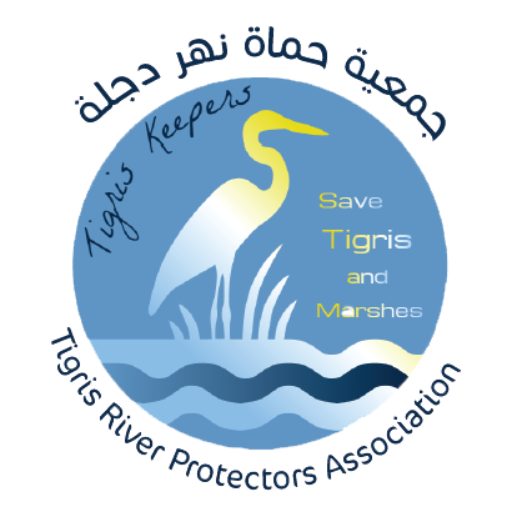
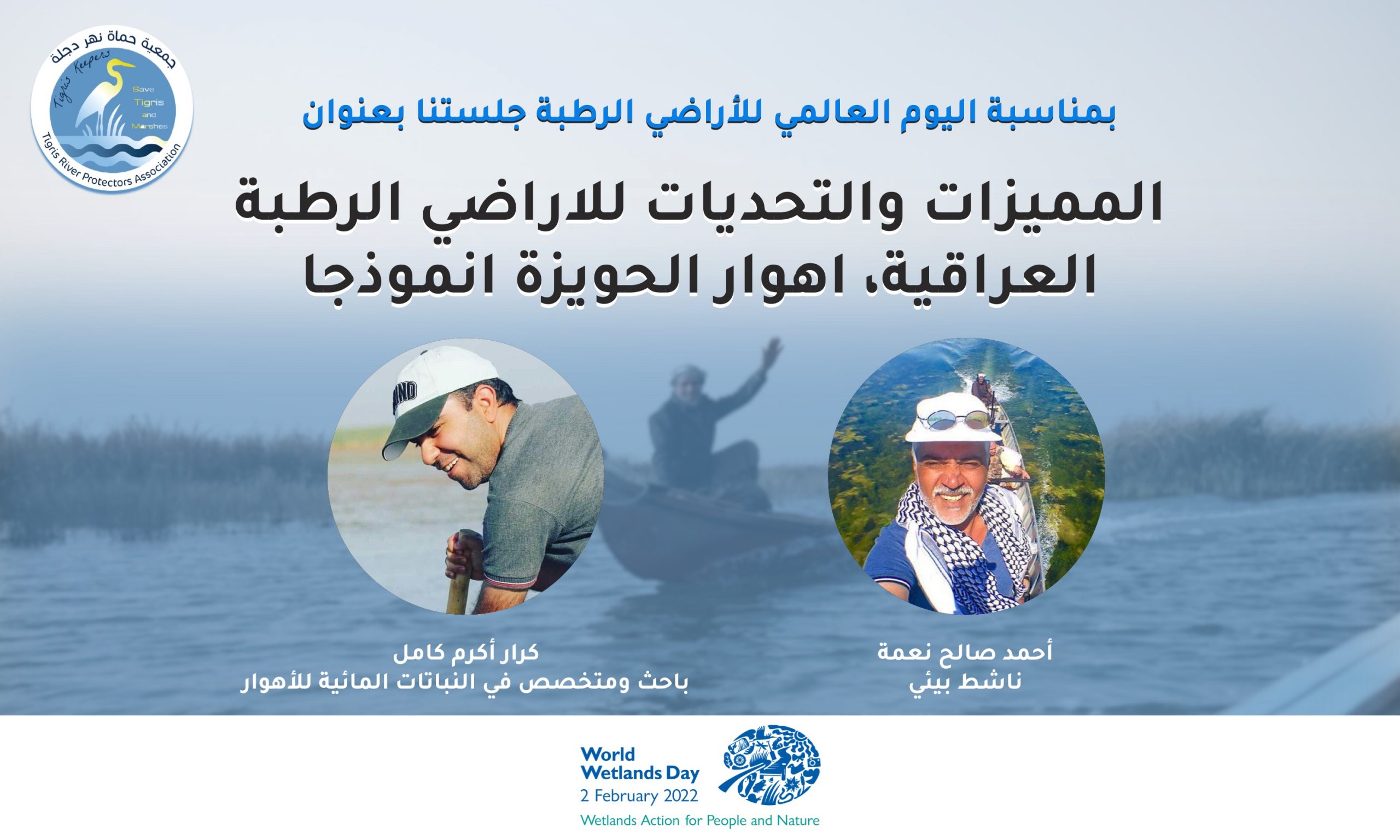
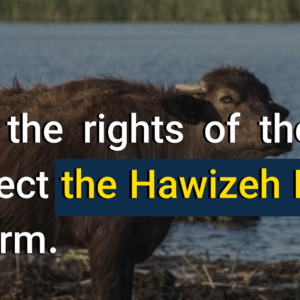
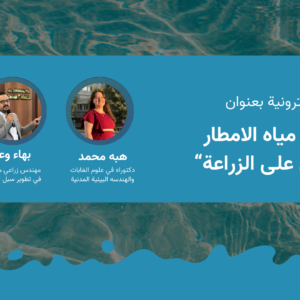
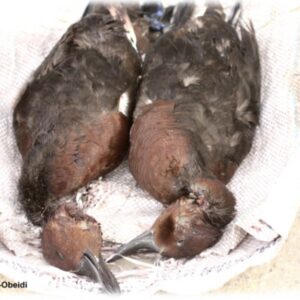
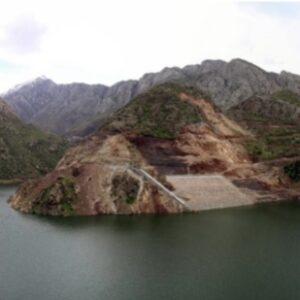
Leave a Reply